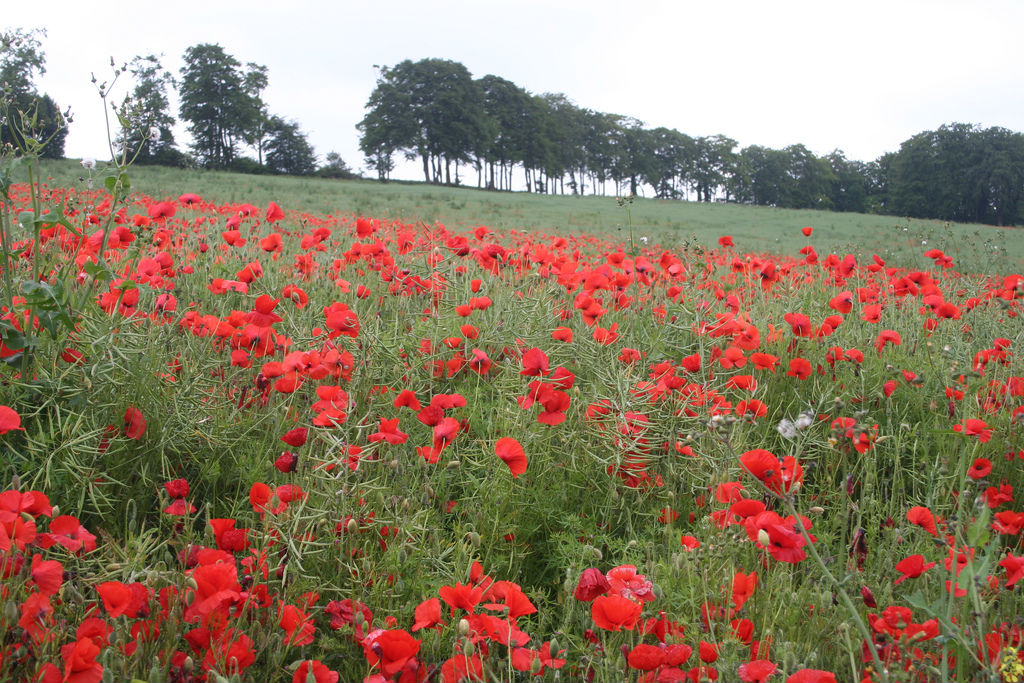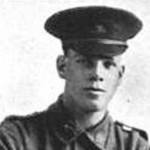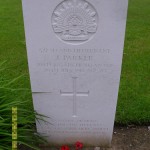
John’s Military Service papers: http://recordsearch.naa.gov.au/scripts/Imagine.asp?B=8005334
‘Jack’ was born on 21 August 1896 in Kiama, a township 120 kilometres south of Sydney, New South Wales in Australia. His parents, Edwin Parker and Sarah Hayward, were married in Hastings, Sussex in November 1883 and emmigrated to Australia sometime between 1884 and 1888. Jack was one of eight children born to Edwin and Sarah.
He boarded HMAT Hororata in Alexandria on 16 June and joined the British Expeditionary Force in Marseilles on 23 June 1916.
‘This officer was killed in enemy front line during the attack on Fromelles on 19/20.7.16. His body was not brought to our lines for burial owing to the enemy counter attack. Nature of wounds that caused death is unknown.
On July 20th 1916 my son Lieut John Parker was killed in action in France & so far I have received no word of his effects or pay due to him in France his trunk was left with Cook & S0ns Cairo and paid for as per receipt dated June 1st 1916 no 19283 on which £1-0-6 was paid. I shall be pleased to receive information re these matters which will greatly oblige. Your faithfully…
Dear sirsThe tin trunk left by my late son Lieut John Parker C Company 30th Battalion in Egypt duly to hand with contents as per inventory sent with many thanks for same these were paid for to Messrs Cook & Son at Cairo for transmission to us and we thank you for this much…
Due to the chaotic circumstances surrounding John’s death, the exact whereabouts of his remains were unknown. In the aftermath of the Battle of Fromelles 1,900 Australian men lay dead and 3,100 were injured or missing. Outnumbered two to one, the men were ordered to cross a 400-metre patch of ground to reach the German lines — fields already covered by the bodies of English soldiers killed in a similar battle the year before. A few made it through, only to be cut off, captured or killed as they tried desperately to return to the Allied trenches. It was high summer. During the next few days, German forces dragged hundreds of bodies from the fields to avoid disease and buried them in graves near the village. Most were recovered but one mass grave — at Pheasant Wood — remained undiscovered for 90 years
In 2009, archaeologists excavated several mass burial pits at Pheasant Wood near Fromelles. The remains of 250 British and Australian soldiers were recovered from these pits and considerable efforts have been made to identify these men. This has been a labour involving both the authorities and also many dedicated amateurs, working hard to try and make sure that as many graves in the new cemetery as possible bear a name, and as many families will finally know the exact resting place of their relative.




